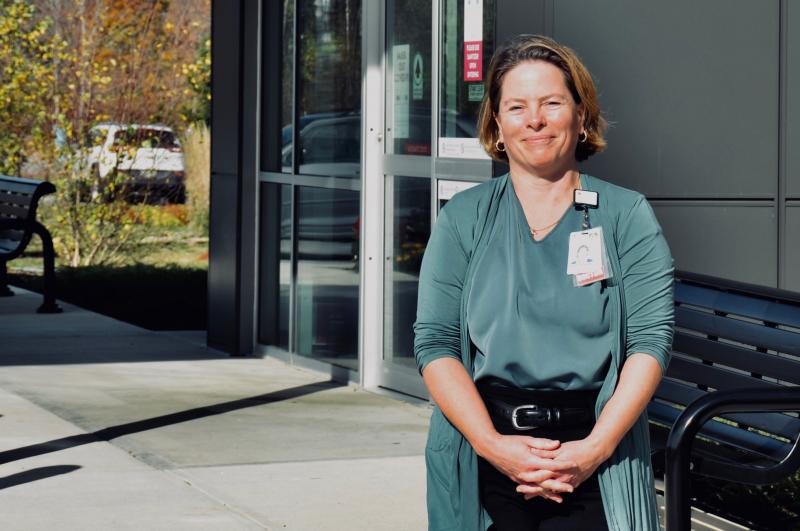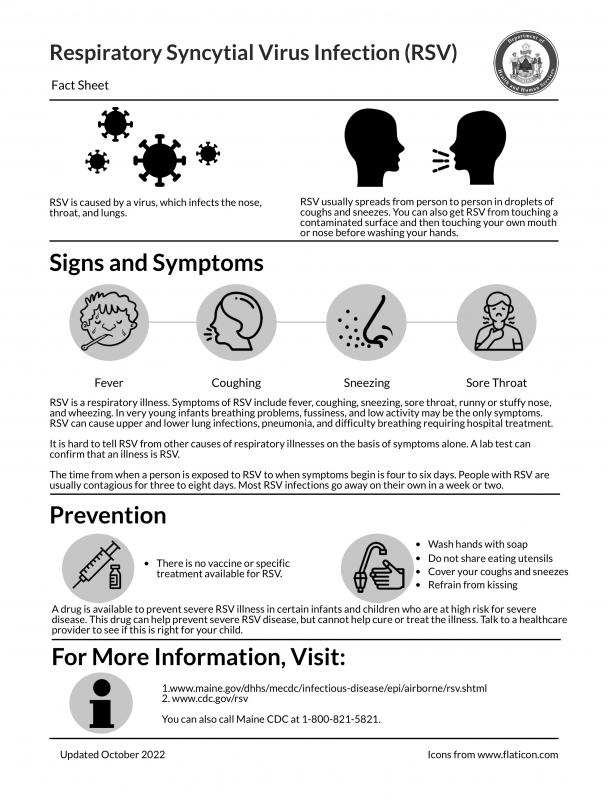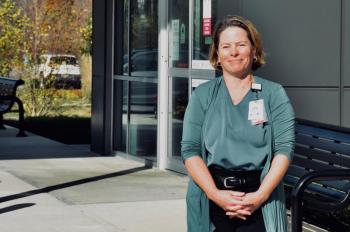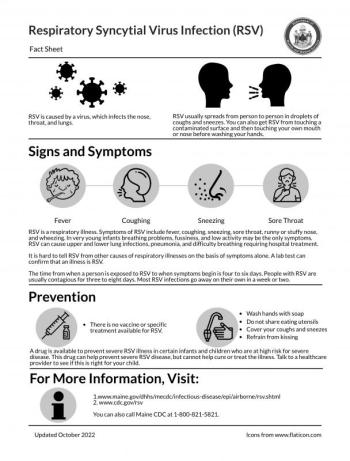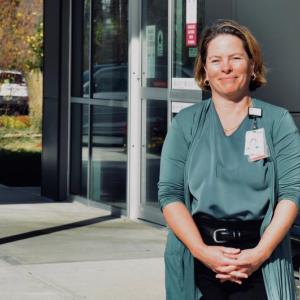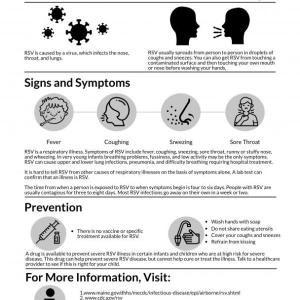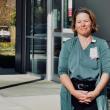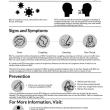Pediatricians maintain a watchful calm as RSV marches through Midcoast, sickening children
ROCKPORT — As in other parts of the country and Maine, RSV — the highly contagious respiratory syncytial virus — is circulating in the Midcoast with intensity, afflicting people of all ages, but most severely, babies, young children and the elderly. It is enough of a concern that hospitals have reached out to the media to help inform the public about the illness, its current prevalence, and how to determine when it is time to seek medical care.
RSV is an uncomfortable and potentially lethal respiratory illness, often times mild but sometimes severe, subjecting patients to five to 10 days of symptoms. While there is no vaccine against it, symptoms can be treated as the virus runs it course. But it has strained hospitals around the country, as children fills beds, requiring oxygen and medical attention.
Over the past several weeks, Pen Bay Medical Center’s emergency department, in Rockport, has experienced a rise in respiratory cases, and physician offices are fielding many calls from concerned parents. Most of the time, there is no testing for the virus; the medical community knows it is here, along with the flu and COVID-19, and is accustomed to its symptoms and potential for harm.
And they have empathy for parents and caregivers, understanding how distressing it can be to hear wheezing infants or toddlers, who have little appetite or vigor.
For that, pediatricians have consistent advice: Call the doctor if a child has labored breathing, if infants exhibit rapid breathing and excessive drowsiness, if fevers spike abnormally high and if lips and fingernails beds appear blue.
“It is not a new illness and has been around for years,” said Adeline Winkes, a doctor with Pen Bay Pediatrics, in Rockport. But that doesn’t make it any less potentially severe, and with COVID 19 and influenza also present and opportunistically seeking hosts, the chances of getting sick increase.
And it is possible to contract COVID and RSV at the same time, which nobody wants to see.
Winkes is appreciative of the current weather patterns in Maine, with warmer temperatures that draw most people outside, away from confined and close quarters. Viruses have less chance of spreading, even though school is in session and children are in tighter proximity.
Guidelines for avoiding RSV are familiar: Wash hands, and stay well away from each other when sick. RSV transmits both by touching contaminated surfaces and then one’s face, or being too close to someone who has the virus and breathing the airborne pathogen. The virus also has the capacity to survive for days on surfaces; again, wash your hands.
Winkes has practiced medicine in Honolulu and Virginia since completing her residency at the University of Chicago Comer Childrens Hospital in 2001. She has three children of her own, and has encountered RSV in different regions where she has lived.
Normally, RSV surfaces during the late fall and winter, but this year, it has arrived early in the autumn almost simultaneously, around the country. In 2021, a similar pattern surfaced, when Maine’s Center for Disease Control issued an alert in mid-August, reporting that RSV was then also circulating in Maine at a higher rate than usual for the time of year.
Winkes knows how miserable it makes children feel with headaches, sticky runny noses, fevers and wheezing in the lungs.
RSV spreads down the respiratory track and infects the smaller airways of the lungs, inflaming and congesting the tiny bronchioles that lead to air sacs, all crucial to healthy respiration.
That can lead to bronchiolitis, making it hard for a child to get adequate air. Pneumonia can also develop, requiring antibiotics. Or, dehydration, which is alleviated with fluids.
Most people will kick the virus out with their immune system.
“It will get better, and most people do not wind up in the hospital,” Winkes said.
She recommends visiting the Barbara Bush Children’s Hospital webpage dedicated to RSV to learn more about it.
“Don’t hesitate to call the doctor if you are worried,” she said.
Reach Editorial Director Lynda Clancy at lyndaclancy@penbaypilot.com; 207-706-6657

